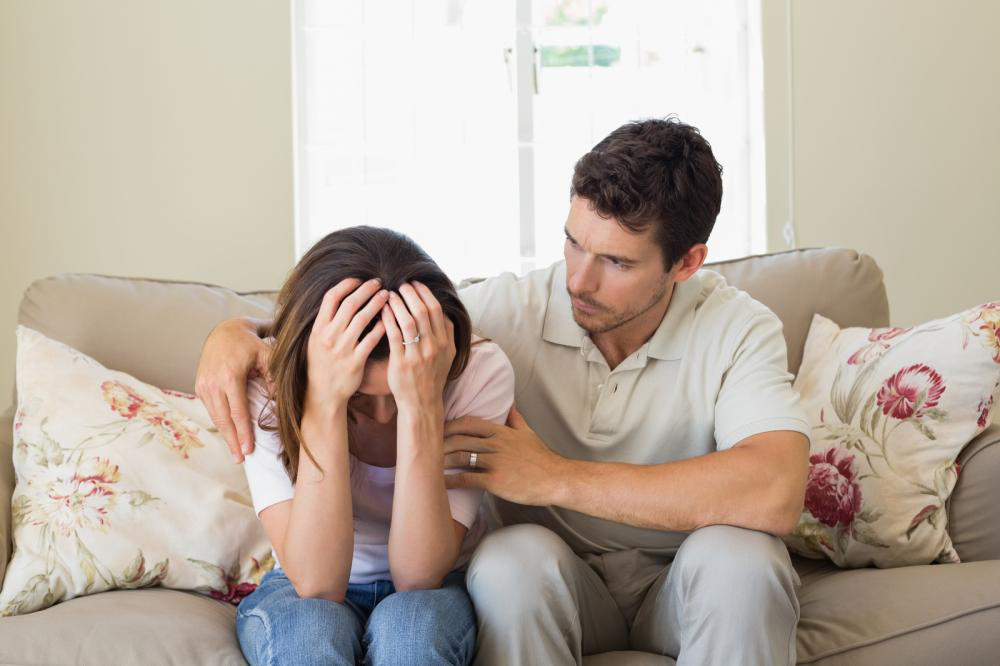3 Ways to Cope With Grief After a Loved One’s Death
While we all know death is an inevitable part of life, when a loved one passes away, we’re still overcome with grief. Whether the loss is sudden or expected, their death still takes a toll on our mental health and emotional wellbeing, making it extremely difficult for us to resume life as it was before.
Everyone grieves differently and at their own pace. Here are a few ways you can effectively cope with the loss of a loved one.
Acknowledge & Express Your Emotions
Bottling up your emotions and keeping them carefully, stifled will do you no good. It’s important that you allow yourself to release these emotions and process them.
It’s natural to find yourself feeling intense emotions that weren’t there before, triggered by the slightest of things. Maybe listening to a song reminds you of them or going to a particular diner brings back memories that are now too painful to think of, and that’s okay. That’s how you process your emotions and acknowledge the grief and pain.
If you feel like crying, do it. If you no longer want to participate in certain activities, that’s fine too. Things will become less painful after a while as you begin to heal. There’s no rush. Take your time and release your feelings in whatever way you prefer.
Talk or Write About It
A lot of people find comfort in talking about the good old times and sharing their memories of the departed. It helps them hold onto their loved ones and preserve their memory. Others don’t find reliving memories a particularly effective strategy. In fact, talking about the days gone by can be quite painful for them and something they’d rather not do.
There’s absolutely no pressure for you to talk about it if you don’t feel comfortable with that. If you think that sharing your memories of them will reduce you to tears and leave you with a lump in your throat, you don’t have to bring it up. However, you can still write about it in a private journal, just for yourself.
As we discussed above, it’s important to release and express your feelings. Talking and writing about them helps do this, even though it may seem painful and uncomfortable at first. You needn’t go into any specific details if you don’t want to, but talk or write about your loved one and how you’ve been feeling since their death to allow a healthy release of bottled up feelings.
Join a Support Group
You don’t have to go through this alone. If you’re having trouble going back to your old routines and processing your feelings, reach out to a grief support group that comprises individuals facing a loss similar to yours.

Being surrounded by a group of people who’re going through a similar situation as yours helps in sharing grief. It allows you to empathize with them, while making you more receptive toward their empathy. It also helps you feel like you’re not alone in this, and encourages you to learn and adopt healthy coping mechanisms to deal with your loss.
Comprehensive Counseling Services, LLC offers a range of mental health counseling services in Winder. These include behavioral therapy, trauma therapy, and grief counseling.

